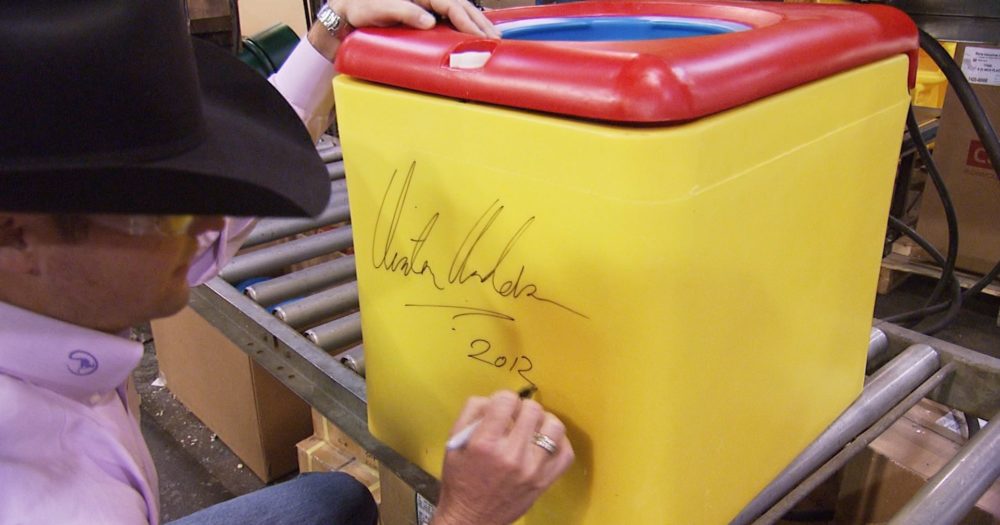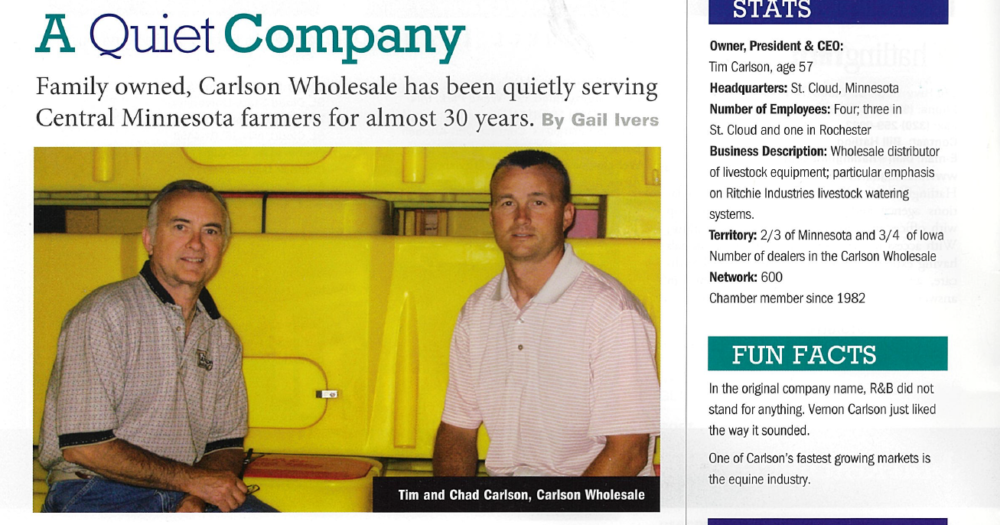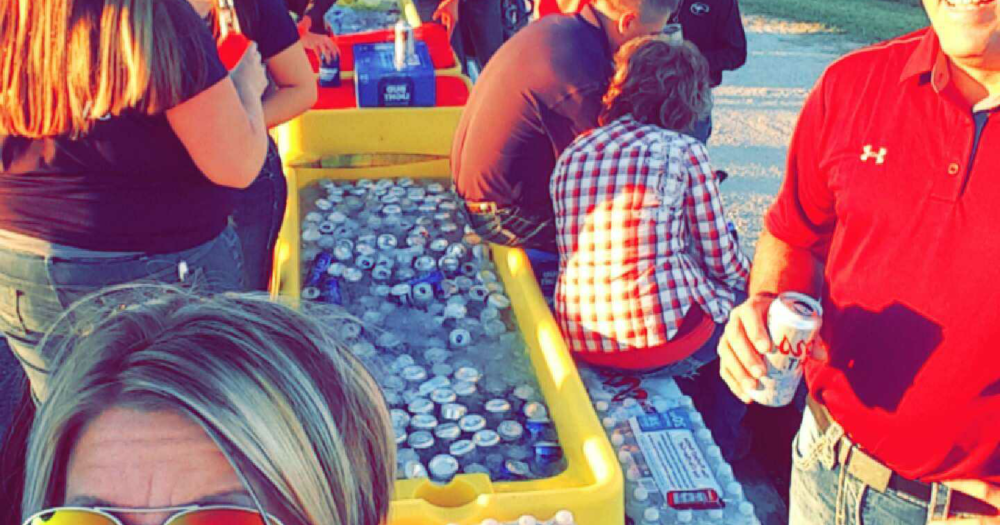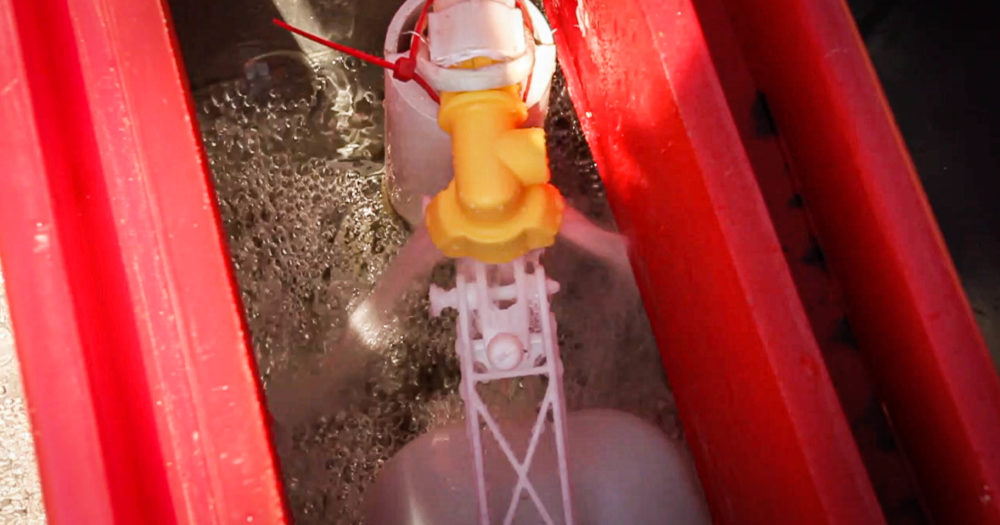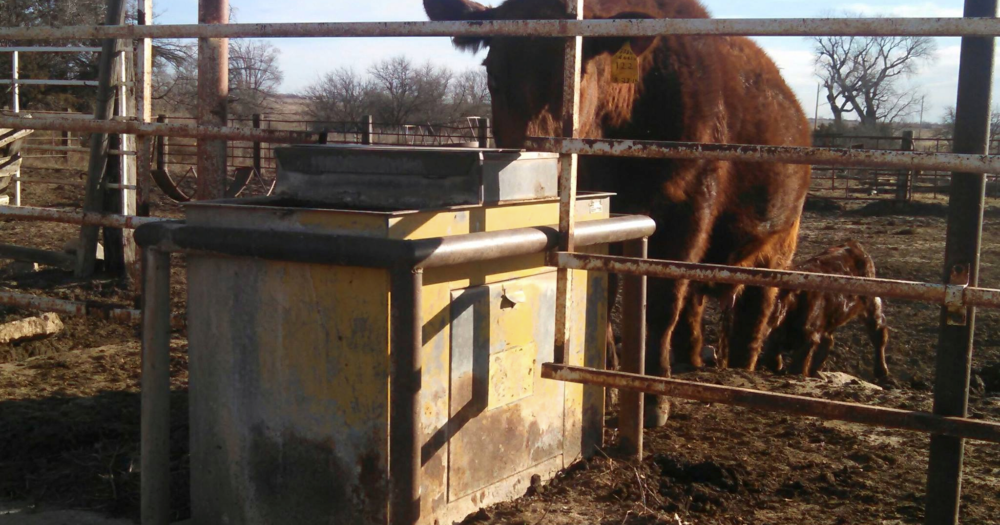
Sales of Ritchie waterers didn’t take off until the countryside got electricity. Former CEO and de facto Ritchie historian Leon Yantis recalls how a mechanically minded father and his son, a natural born salesman combined to sell Ritchie waterers throughout the Midwest.
“C.D. Wilson Sr. was the mechanical mind behind designing Ritchie products during the 1940’s and when his son, Cliff Wilson Jr., left the U.S. Army’s Counter Intelligence Corps in 1946, Cliff joined Ritchie as the primary salesman and sales really started to take off,” said Yantis. “At that same time rural electric was becoming more popular throughout the Midwest thanks to the Rural Electrification Act of 1935.
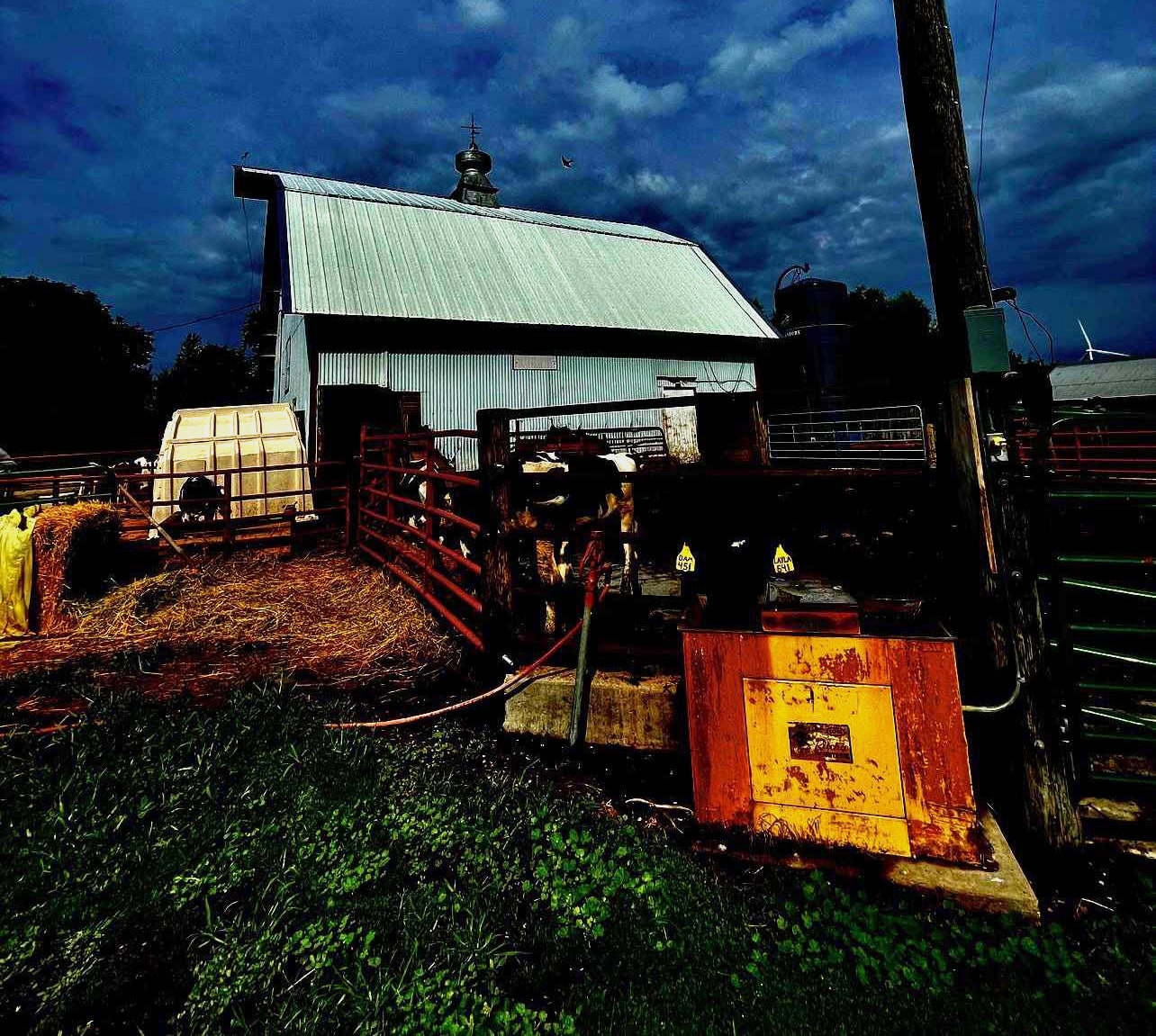
Between 1948 and 1950, the Reeve Electric Association Plant in Hampton, Iowa reached peak production and furnished power to rural electric cooperatives serving members in Butler, Franklin, Grundy, Hancock, Hardin and Wright counties. While many farms would use electricity during the day, the Rural Electric Companies (RECs) would have excess capacity at night. Cliff figured out he could sell farmers our automatic waterers that qualified for special incentives offered by the REC to encourage nightly power usage. Cliff would follow REC crews that were going door to door and Cliff would also be on the lookout for any farms that had lights on in the evenings. Cliff was an exceptionally good salesman.
That was how our waterers got spread all across the Midwest and then Cliff set up the current distributor network we have today.”
